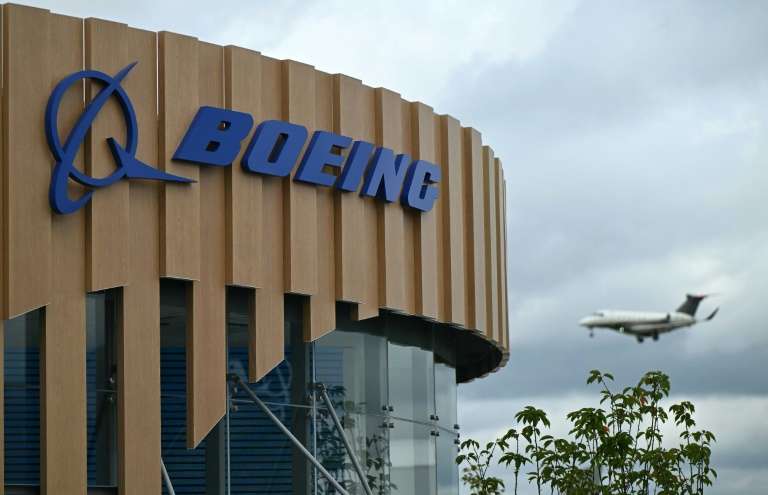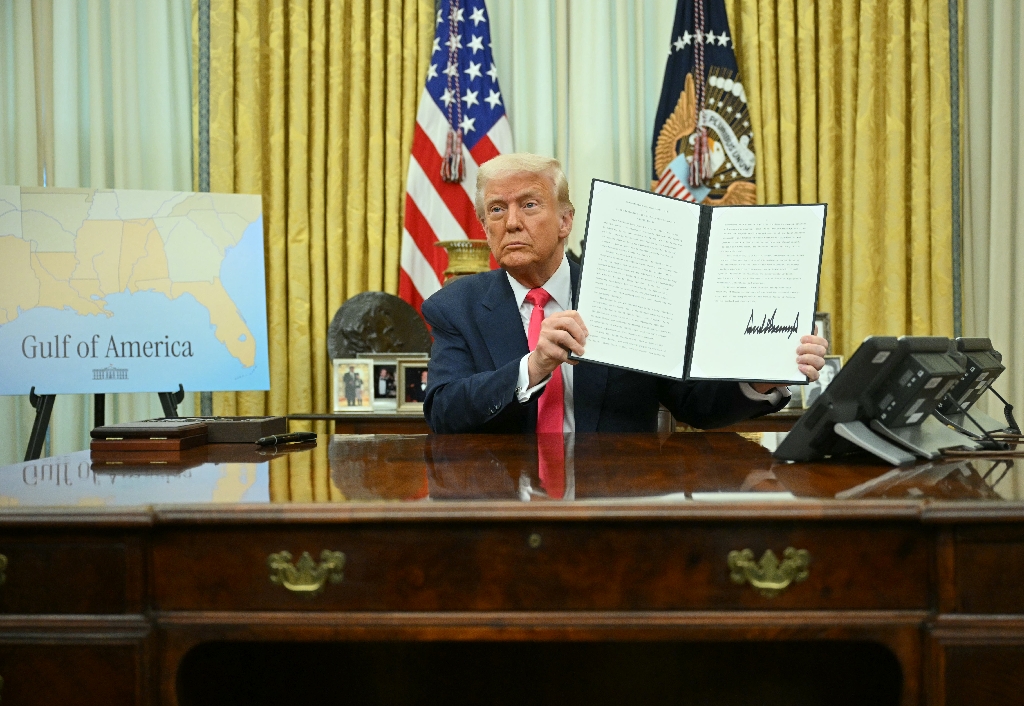The defense chiefs of the United States, Australia and Britain met in California on Friday, touting high-tech co-operation on deep space radar, AI and quantum computing systems aimed at bolstering their armed forces in the face of growing global threats, including from China.
The three men huddled in Silicon Valley — the heart of the US tech sector — to build on the so-called AUKUS (Australia, United Kingdom, United States) partnership launched in September 2021 that is aimed at offering a Western counterweight to assertiveness from regimes in Moscow and Beijing.
“Today just underscores that AUKUS is a once in a generation opportunity that will promote peace and security throughout the Indo-Pacific,” US Secretary of Defense Lloyd Austin told reporters.
Agreements will enable the three countries “to develop and deliver advanced capabilities so that our warfighters can hear, see, and act with decisive advantage.”
The tripartite gathering is the latest step in a strengthening alliance that has already seen agreements for Canberra to buy at least three nuclear-powered Virginia-class submarines and for Britain and Australia to build a new model involving US technology.
On Friday, the focus was on the cutting edge, including the development of what they called a “Deep Space Advanced Radar Capability” program, which will see radar detection sites in all three countries by the end of the decade, with the capacity to peer 22,000 miles (35,000 kilometers) into space.
“Today’s meeting will be regarded as a critical moment in the history of Pillar Two of AUKUS and that is the sharing and development of advanced technologies between our three countries,” Australian Defense Minister Richard Marles told a joint press conference.
He said that in addition to deep space radar, there would be coordination on quantum technologies to aid with navigation and weapons direction, as well as “resilient artificial intelligence which in turn will give rise to resilient precision targeting.”
– China backdrop –
Marles brushed off suggestions that US alliances were vulnerable to the whims of elections, such as a possible return to the White House by Donald Trump, insisting that AUKUS had cross-party support in all three nations.
British Defense Secretary Grant Shapps hailed the strength of the relationship, which he said was more important than ever.
“Today, in a much more dangerous world, with Russia waging war in Ukraine, with Hamas wreaking havoc in the Middle East, China undermining the freedom of navigation in the Indo Pacific — we’ve never had a greater need for more innovation to be more pioneering,” he said.
While the three countries have long been allies, the tightening of ties has unsettled Beijing, which bristles at what it sees as attempts to contain it.
All three nations regularly undertake what they call “freedom of navigation” voyages through the South China Sea, an area of international waters that China claims as its own and in which it has established military installations.
This year, Beijing warned the three countries were treading a “path of error and danger” after they unveiled the deal for Canberra to purchase the submarines.
Australia had previously been on track to replace its aging fleet of diesel-powered submarines with a $66 billion package of French vessels, also conventionally powered.
While the submarines will be nuclear-powered, they will not be armed with atomic weapons and are instead expected to carry long-range cruise missiles. But their fuel source enables them to stay under water for longer and to be much quieter.
– Josh EDELSON




